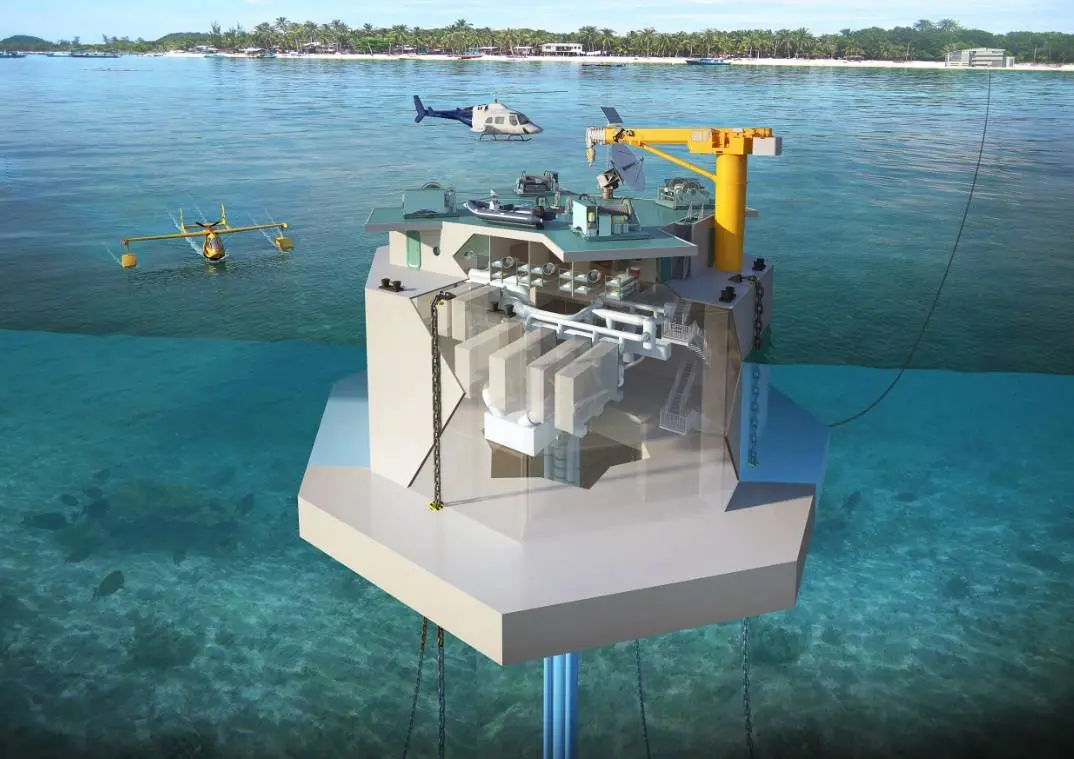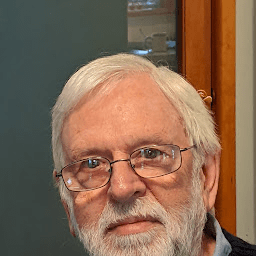

Flipping the IMO Flipping the IMO This joint MCST project with the United Nations
Wingship Project Wing in Ground technology (WIG) offers a potential gam
OTEC Ocean Thermal Energy Conversion (OTEC) There are a number of existing m

But at some point, the Pacific will need access to new and alternative non-emitting fuels.
Hydrogen and various hydrogen carriers such as methanol and ammonia – the so-called electro-fuels because they need significant supplies of green electricity to produce the fuel – are the most likely contenders.

MCST is a project to build and operate a Pacific country-owned and-focused world-class Centre of Excellence as a research engine to empower the long-term decarbonization of Pacific transport and the advocacy of the Pacific in related international fora and negotiations. Our vision is to provide high quality research and support to our island governments and communities and to be the vehicle of choice for research and provision of high-level scientific, technical and policy advice to RMI and regional governments on matters connected with national efforts to reduce emissions in the transport sector.
MCST is an advanced approach to decarbonization situating country and community at the center with external experts on-tap, not on-top, prioritizing long-term capacity development based on education and research and committed to a paradigm-level transition commensurate with a 1.5-degree agenda that recognizes the need for bespoke Pacific transport solutions.

The Roadmap adopted by the IMO in 2016 outlines when and how the IMO’s Strategy to reduce emissions from ships is to be developed through a series of meetings of the Intersessional Working Group on GHG emissions reduction (ISWG GHG), the first two having being held in 2017 and the third scheduled in April 2018 prior to MEPC 72 in the following week which will adopt the initial Strategy. The final Strategy is due to be adopted in 2023.


